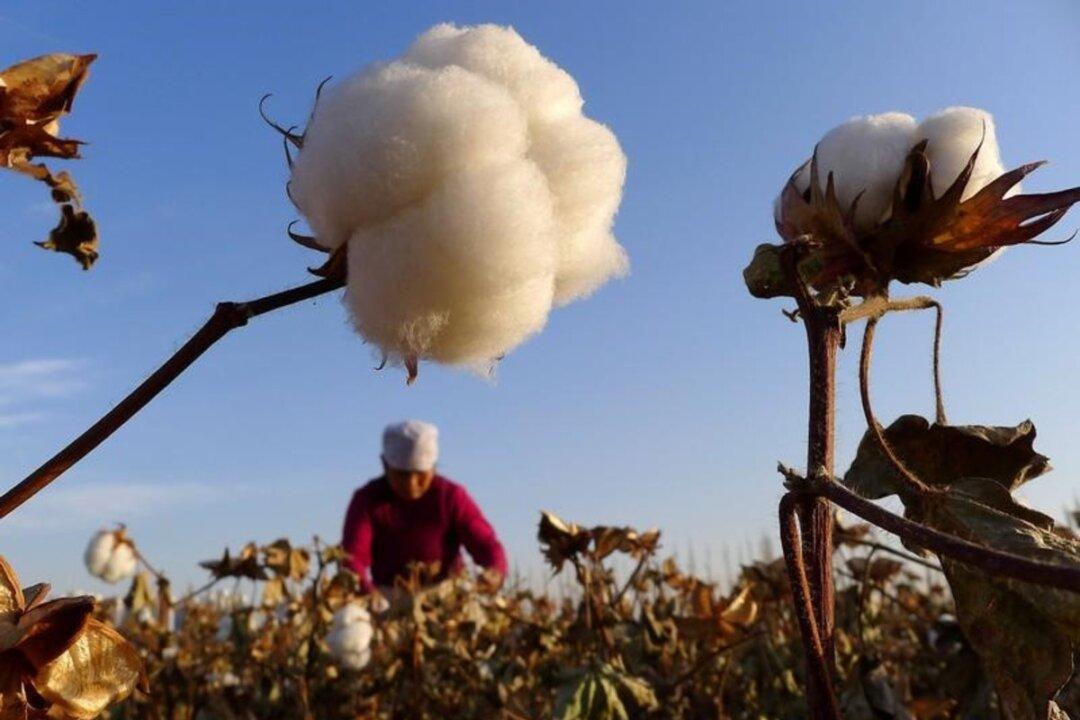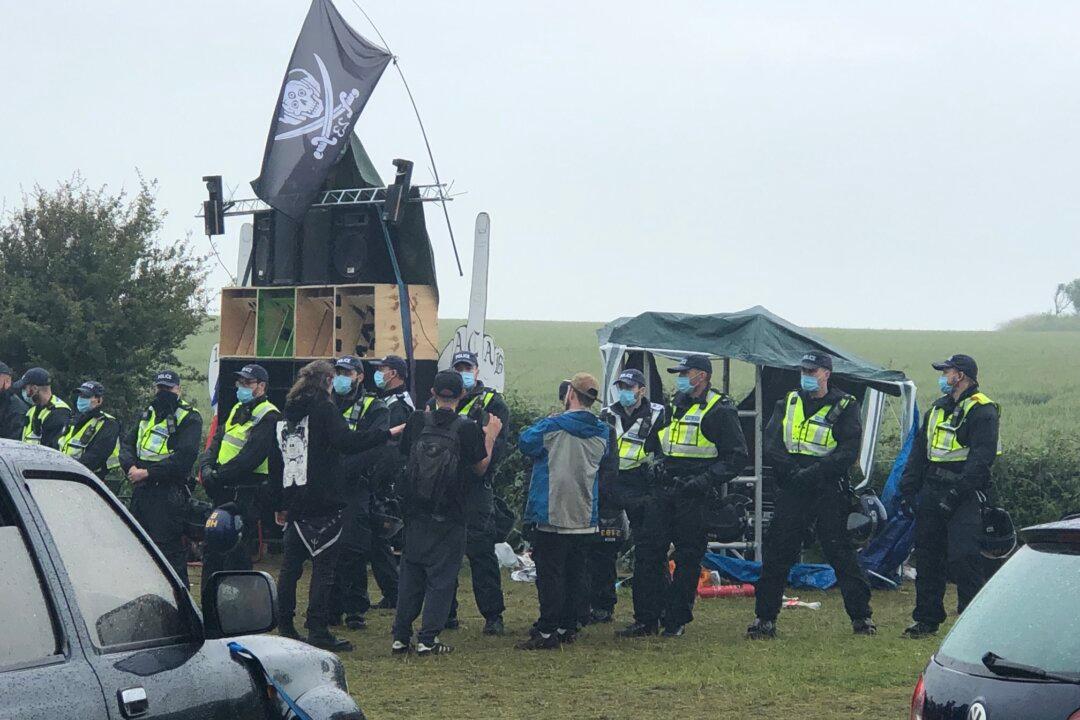Research published by a Washington-based think tank has confirmed that at least 570,000 Uyghurs were forced to pick cotton in China’s Xinjiang region through the government’s coercive labour training and transfer scheme.
The number is calculated based on the three major Uyghur regions and would “easily add tens of thousands, more likely hundreds of thousands, to this figure,” when including prisoners and other ethnic minority regions, confirmed by the Center For Global Policy.




